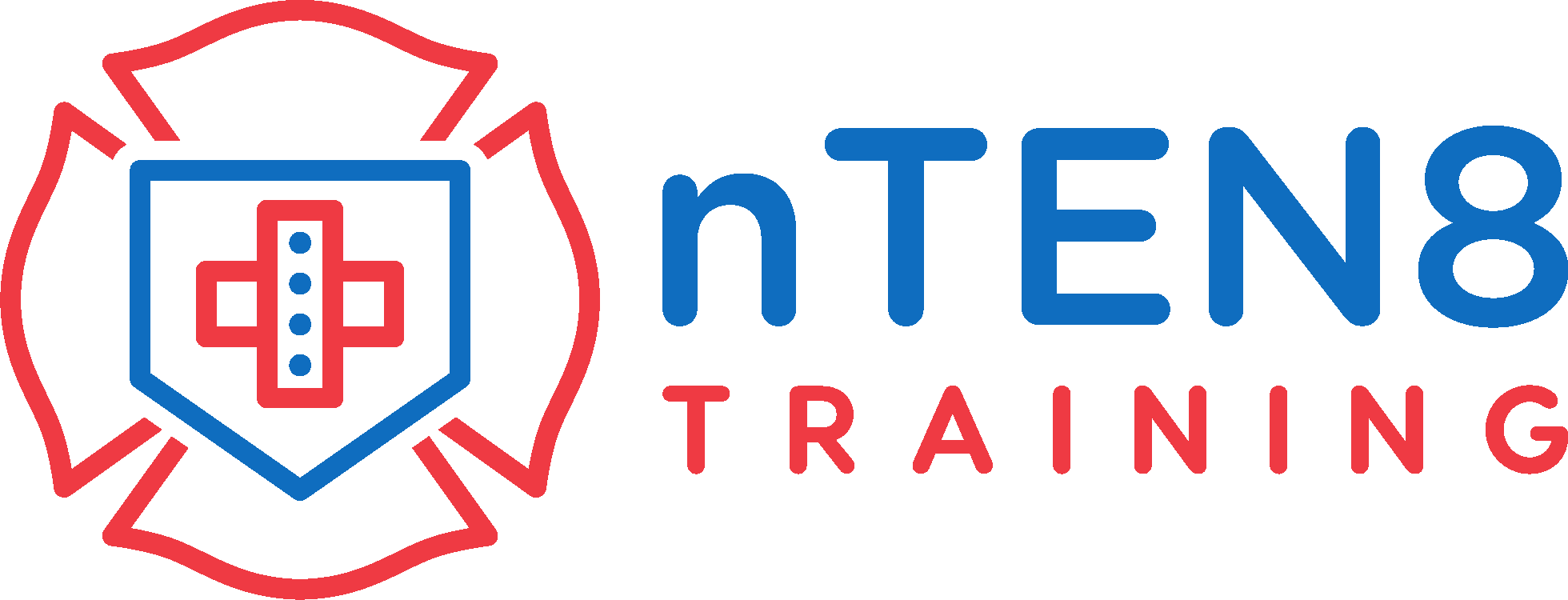Defining Conflict Resolution: Explain what conflict resolution is and why it occurs, including the ability to identify different types of conflicts and their impact.
Effective Communication Skills: Explore the importance of clear and effective communication in resolving conflicts, covering techniques such as assertive expression and active listening.
Collaborative Problem-Solving: Develop skills to view conflicts as opportunities for collaboration, focusing on finding common ground, generating solutions, and reaching consensus.
Emotional Management: Understand the role of emotions in conflict resolution and learn techniques to control emotions, empathize with others, and de-escalate situations.
Conflict Resolution Strategies: Learn about various approaches to resolving conflicts, including compromise, negotiation, mediation, and arbitration, and when to use each strategy.
Lessons
Brief Description of Conflict Resolution
why is violence and aggression against employees or other members of the public a problem?
How can we address violence and aggression?
After reading this section through, you should be aware of the Elements that could cause or exacerbate a conflict situation
Module 3: Conflict Resolution
Module 4: Managing Violence and Aggression

